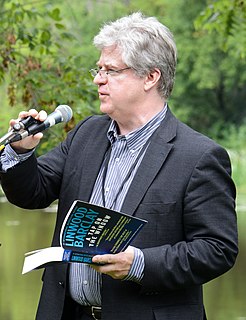A Quote by Shirley Geok-lin Lim
I can't imagine otherwise - I guess Virginia Woolf could write wonderful novels where the women never have sex, and her novels work. But for me, I don't think I could write a plot without sex happening somewhere.
Related Quotes
Sex is hard to write about because you lose the universal and succumb to the particular. We all have our different favorites. Good sex is impossible to write about. Lawrence and Updike have given it their all, and the result is still uneasy and unsure. It may be that good sex is something fiction just can't do - like dreams. Most of the sex in my novels is absolutely disastrous. Sex can be funny, but not very sexy.
Think of Virginia Woolf, 'A Room of One's Own' - that's what women have always needed under patriarchy and can't be creative without. They took away my classroom and my status to teach, and now they have taken away my office, and all of it is giving the message that Virginia Woolf and I are losing what I call 'womenspace.'
At Princeton I wrote my junior paper on Virginia Woolf, and for my senior thesis I wrote on Samuel Beckett. I wrote some about "Between the Acts" and "Mrs. Dalloway'' but mostly about "To the Lighthouse." With Beckett I focused, perversely, on his novels, "Molloy," "Malone Dies," and "The Unnamable." That's when I decided I should never write again.
There was one person who greatly and directly benefited my career--my agent Virginia Kidd. From 1968 to the late nineties she represented all my work, in every field except poetry. I could send her an utterly indescribable story, and she'd sell it to Playboy or the Harvard Law Review or Weird Tales or The New Yorker--she knew where to take it. She never told me what to write or not write, she never told me, That won't sell, and she never meddled with my prose.




































